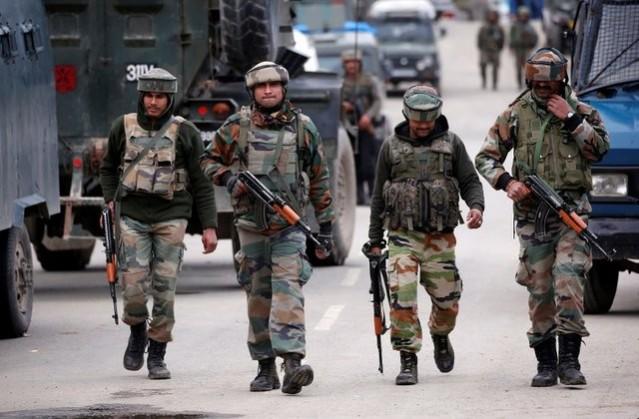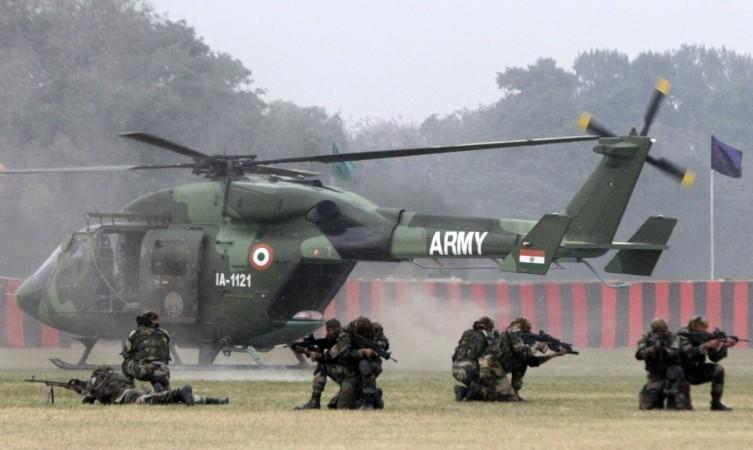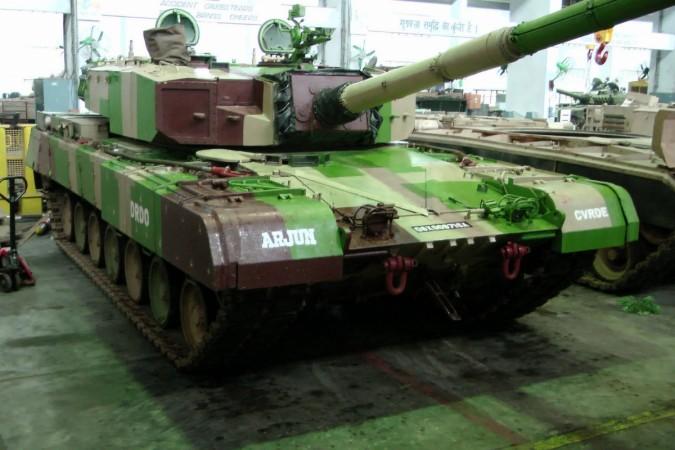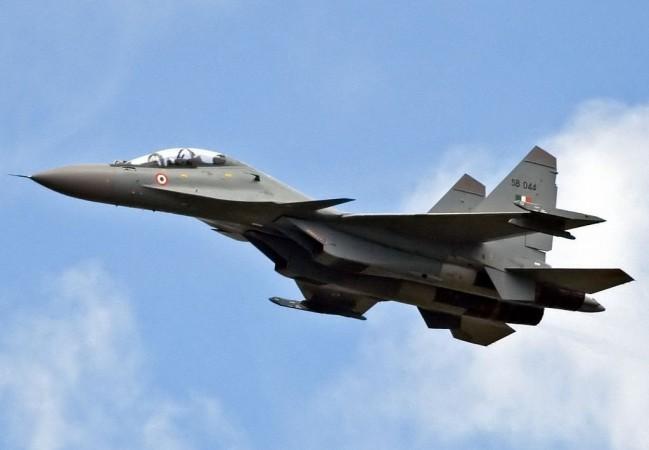
Two nuclear-armed neighbours arraigned against each other across one of the world's most militarized borders has been giving jitters to world powers for decades. India and Pakistan have been distrustful of each other all through the chequered history of their mutual relationship. The rivalry of the two nations has been marked by sporadic attempts at peace that often fizzled out with a single stray event of terror strike mostly in Jammu and Kashmir. The threat of a full-blown war between the two military powers has always been real and is fraught with the possibility of escalation to a nuclear conflict. Though India has a no-first-use doctrine, some see its dilution in the announcement that the country's response to a nuke attack against Indian security interests anywhere would invite a massive and disproportionate response. India's espousal of a cold start doctrine that puts the troops on alert in readiness for forward deployment at any moment (following a delay in military response to the 2001 parliament attack) has changed Pakistan's response readiness too. The latest provocation for warmongering on either side has been the terror strike on a paramilitary convoy in Pulwama killing scores of troopers.

The militaries of India and Pakistan are rated among the better trained and more professional fighting forces of the world. India has the world's third largest military in terms of the number of personnel while Pakistan's is the sixth largest. The two forces are far ahead of most other nations in terms of modern equipment, strike power and adoption of technology. A comparison between the military powers of the two is fraught with the danger of becoming a little academic because the skills of the men behind the machines also count. Any comparison will have to assume that the soldiers of the two forces are well trained and have identical skill levels.

India looks far superior to Pakistan in terms of conventional military might based on sheer numbers. However, the fact that India is a much larger nation with a far longer border to patrol and the factor of China breathing down its neck on the northern and north-eastern borders work to Islamabad's advantage. Both nations are lately developing a clutch of nuclear-capable missiles to deliver the warheads.

While Pakistan claims having developed tactical nukes for battlefield use, the Indian threat of a massive and disproportionate response in case of nuclear use anywhere against national interests dilutes the threat.
In the age of network-centric warfare, India has launched a set of spy satellites and navigational spacecraft in order to coordinate battlefield operations. Pakistan's dependence on China for battlefield satellite data will continue for a long time ahead. Future wars will see extensive use of unmanned aerial vehicles (UAV) on which front both nations are in infancy. India depends mainly on Israeli-built loitering munitions while Pakistan has an indigenous programme for armed UAVs.
| Military power | India | Pakistan |
| Defence budget | $56 billion | $8 billion |
| Land forces | ||
| Active force | 14 lakh | 6.43 lakh |
| Reserves | 11.55 lakh | 5.13 lakh |
| Paramilitary forces | 20 lakh | 4 lakh |
| Equipment | ||
| Tanks | 4,200 | 2,900 |
| Armed fighting vehicles (AFV) | 6,700 | 2,800 |
| Self-propelled guns (SPG) | 290 | 460 |
| Towed artillery | 7,400 | 3,275 |
| Multiple rocket launchers (MRL) | 290 | 130 |
| Air force | ||
| Total aircraft | 2,200 | 1,100 |
| Fighter aircraft | 320 (MiG-29, MiG-21) | 180 (F7-P) |
| Multirole aircraft | 320 (Su-30MKI, Mirage 2000, MiG-29K, HAL Tejas) | 220 (F16, JF-17 Thunder) |
| Ground attack aircraft | 220 (Jaguar, MiG-27) | 90 (Mirage-5) |
| Helicopters | 720 | 320 |
| Attack helicopters | 40 | 65 |
| Transport aircraft | 700 | 290 |
| Naval forces | ||
| Naval personnel | 67,000 | 30,700 |
| Aircraft carriers | 2 | 0 |
| Destroyers | 11 | 0 |
| Frigates | 15 | 9 |
| Corvettes | 24 | 0 |
| Submarines | 15 | 5 |
| Mine warfare craft | 11 | 3 |
| Patrol craft | 72 | 17 |
| Nuclear force | ||
| Warheads | 110-120 | 110-130 |









!['Had denied Housefull franchise as they wanted me to wear a bikini': Tia Bajpai on turning down bold scripts [Exclusive]](https://data1.ibtimes.co.in/en/full/806605/had-denied-housefull-franchise-they-wanted-me-wear-bikini-tia-bajpai-turning-down-bold.png?w=220&h=138)



